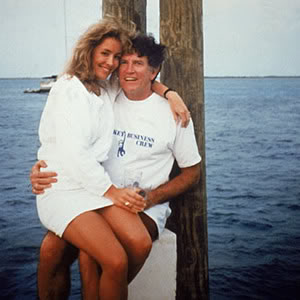The director and artist Steve McQueen is a dizzying, demanding, daring talent, doing a rare thing in these times: making films from an adult perspective. Two excerpts follow from a new Financial Times profile by Peter Aspden, one about his allegedly irritable personality, and the other about his depiction of male sexuality in Shame.
______________________
The best way to describe the relationship between the two means of expression, he says, in a comparison he has made before, is that “the movie is the novel, and art is poetry. Not a lot of people appreciate poetry, and it is the same with art. It is a more specialised form. That’s the difference.”
But the two impulses are forever “expanding and contracting” in his mind, he says. I ask if it is difficult to shift between genres. It is the rarest of things for a video artist to convert to Hollywood film-making. “Not at all. It is not as if I am jumping into different states of mind. It is all about finding what you want to say, and then how you want to say it.” Is that very clear to him straightaway? “Oh yes. But these things are incubating in my mind for a long time. I am in 2007 right now.” I look for a hint of a smile as he says this but he appears deadly serious.
McQueen, who turns 45 this week, is routinely described as a prickly man who doesn’t suffer fools gladly, but I wonder if that is confusing his seriousness and unrelenting intensity for a kind of social awkwardness. He gives every impression to me of enjoying the interview process, watchful and concentrated while he is listening to the question, like a batsman steadying himself during a bowler’s run-up. When Kirsty Young brought up the same subject in a recent edition of the BBC’s Desert Island Discs, asking why he was so unfairly portrayed, he replied simply: “I am a black man. I’m used to that. If I walk into a room people make a judgment. I don’t care.
______________________
He seems to relish plunging into controversial subjects, I say. Shame, his second feature film, was an extraordinarily candid view of the unheralded extremes of male sexuality. “That’s still not sorted,” he says quickly. “That is unfinished business. I really want to come back to that.” Why was that? “It is an extremely fascinating subject. But no one talks about it. Let’s get real! So many important decisions in the world are connected with the sexual appetites of important men. Whether it is JFK, or Clinton, or Martin Luther King. That is what we are. That is part of us. But sometimes people are embarrassed by their pleasures.
‘It is a huge subject. So many people came out after that film and sent me anonymous letters, a lot of thank-yous, and some crazy stuff too.’ What did women think of it, I ask? ‘I don’t know how much women know, or want to know, about men’s sexual appetites. A friend of mine went to see it with his wife, and she asked him, ‘Do those things really happen?’ And he was, like, ‘No, no, it is just a fantasy, it is just the movies.’” McQueen’s laugh suggests otherwise.•
Tags: Peter Aspden, Steve McQueen

